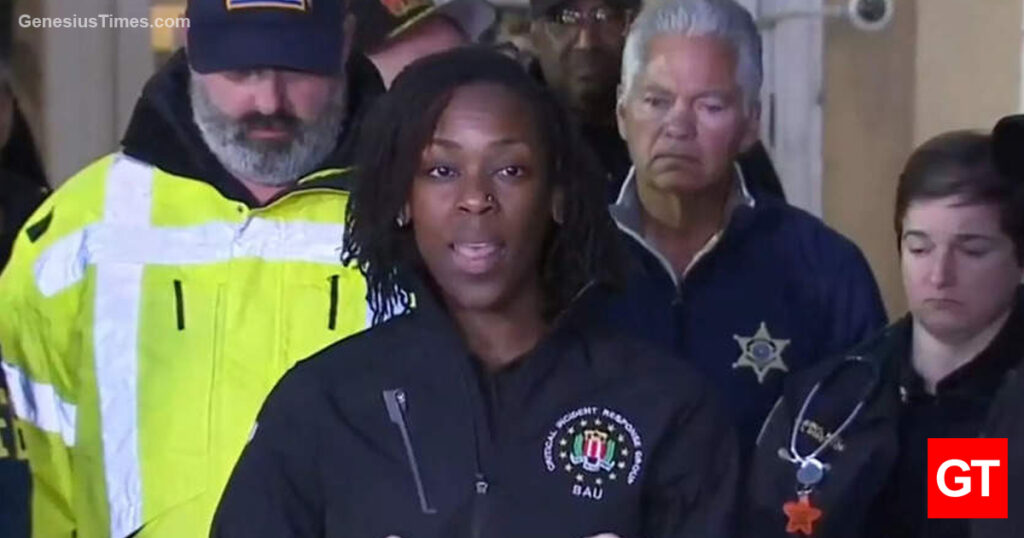FBI quickly closes New Orleans terror case so they can get back to monitoring the real terrorists: concerned parents at school board meetings

New Orleans, LA – In what might be considered an exceptionally brisk investigation, the FBI has wrapped up its inquiry into the New Orleans terror attack that rocked the French Quarter on New Year’s Day. Shamsud-Din Jabbar, identified quickly as the lone wolf behind the vehicle attack and subsequent gunfire, was apprehended, and the case closed with surprising speed “so that we can get back to monitoring the real terrorists: concerned parents at school board meetings.”
The shift in focus comes after a period where parents have been vocal about various educational policies, from mask mandates to curriculum content. The FBI’s decision to delve into these gatherings, where concerns are raised over educational approaches, has sparked discussions about the agency’s priorities.
On social media platforms, the conversation is heated, with many questioning the allocation of federal resources. One X post humorously noted, “Guess the real threats are those armed with homemade signs and a desire for cursive handwriting.”
This swift transition from a high-profile terror investigation to what some perceive as community-level disputes has led to speculation about the FBI’s strategic direction. Are these parents, expressing their concerns, truly the next frontier in national security, or is this a misallocation of focus?
The FBI has previously established protocols to monitor threats against school officials, a move that has been both praised for protecting educators and criticized for potentially stifling free speech. Attorney General Merrick Garland has defended these actions, emphasizing that the FBI’s work is about ensuring safety, not silencing dissent.
As the FBI turns its gaze from international terror threats to domestic ‘threats’ in school auditoriums, one can’t help but ponder the implications. Is this the new normal where the loudest concern at a school board meeting is treated with the same urgency as an attack on a city’s heart?
Only time will tell how this unusual shift in priorities will play out in the broader narrative of national security and civil liberties in America.
![]()




